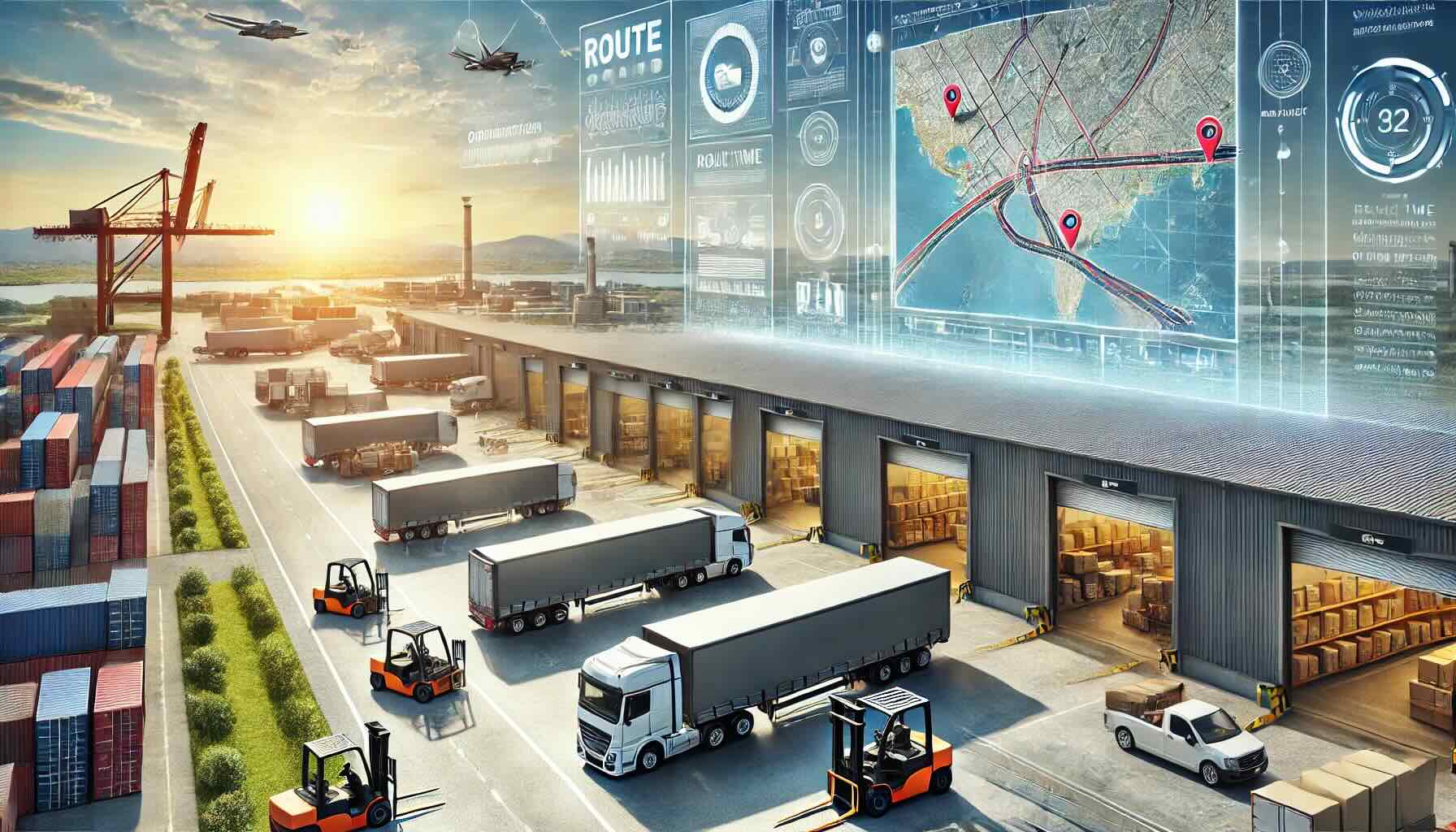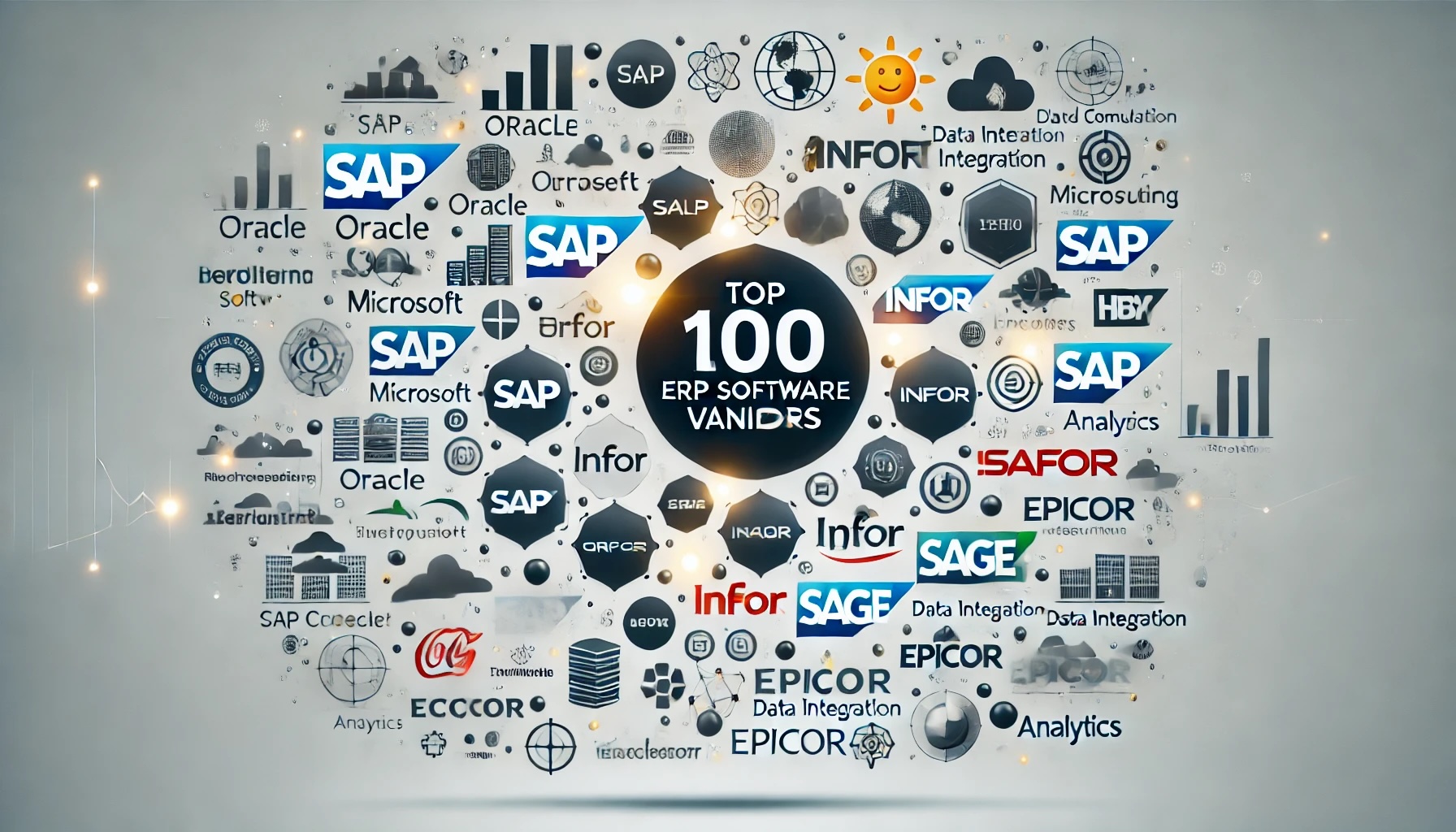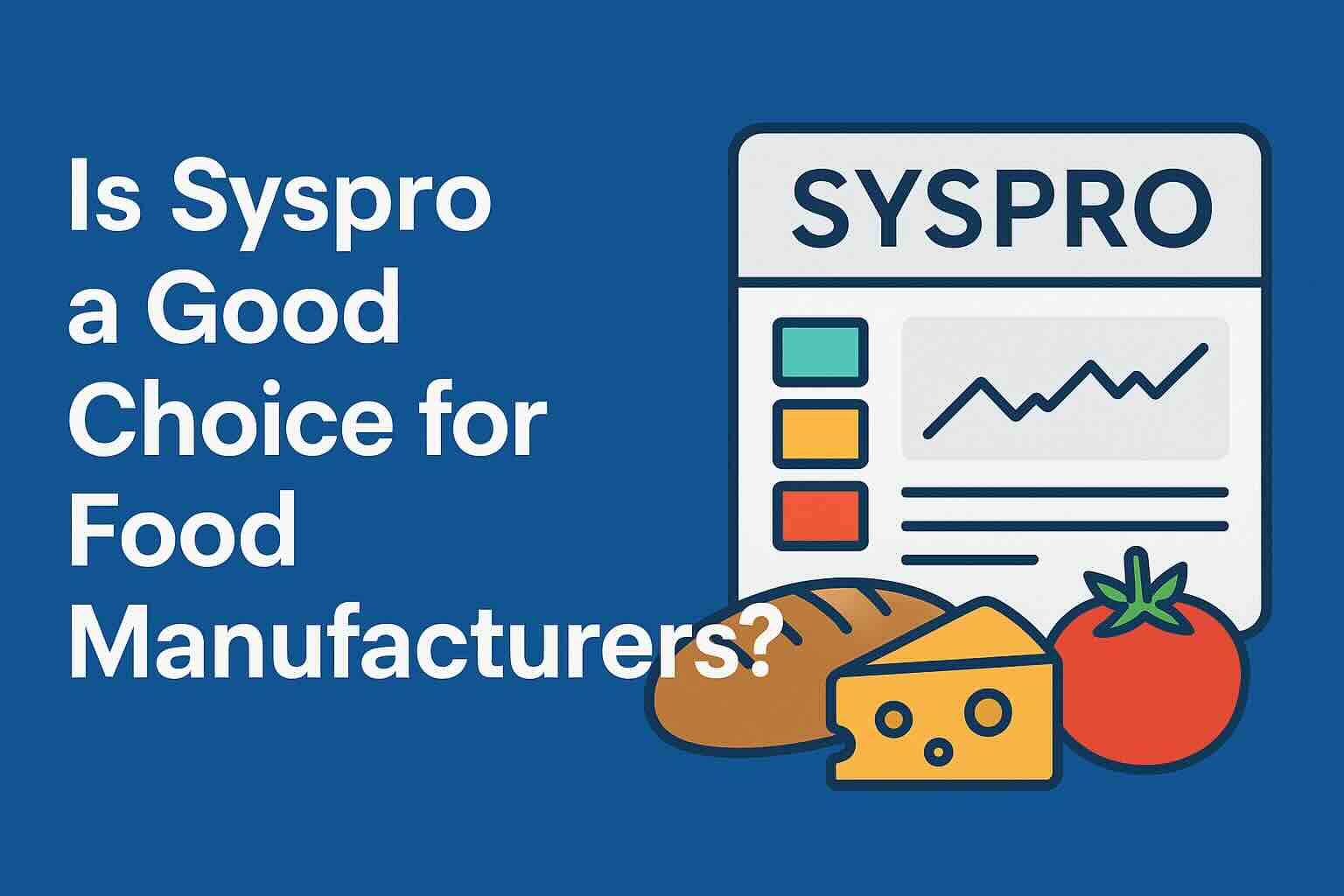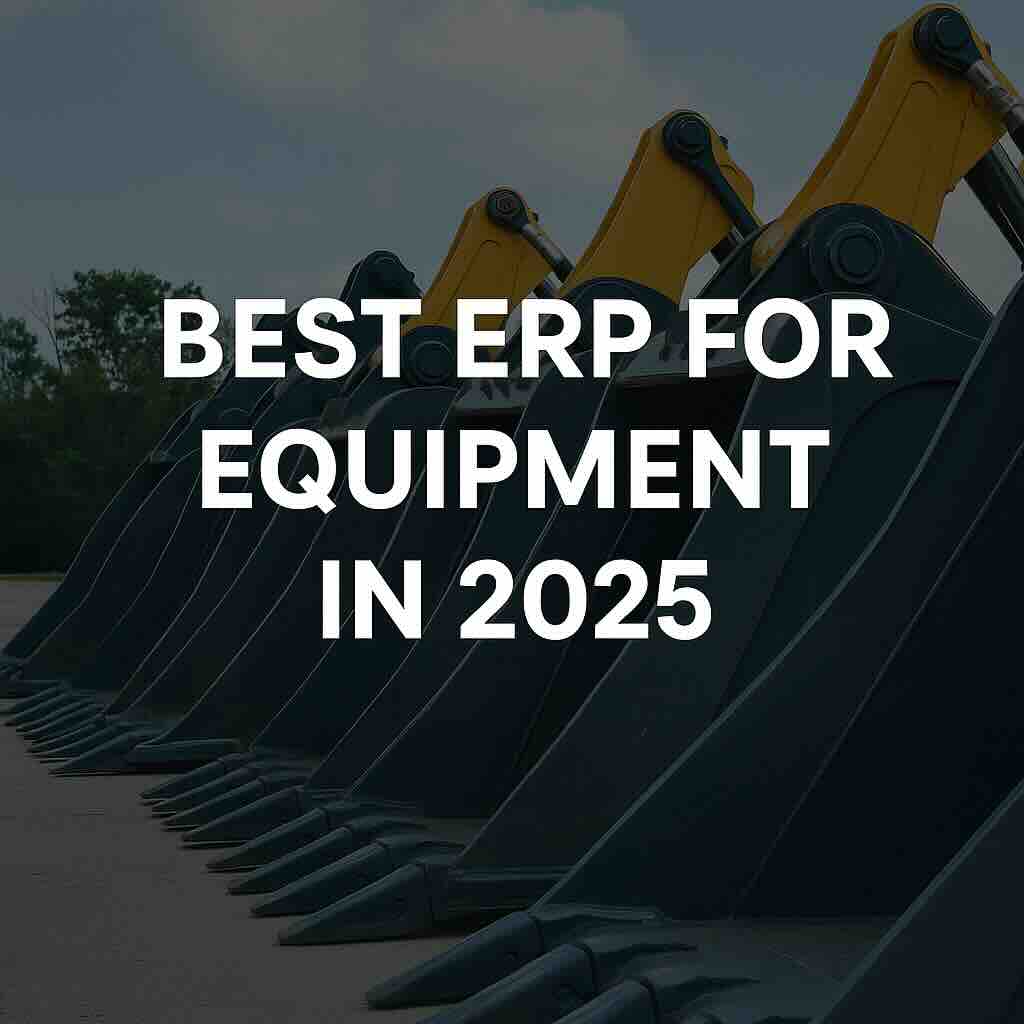Is Aptean the Best ERP for the Transport and Logistics Industry?

The transportation and logistics industry is increasingly relying on technology to streamline operations, improve customer satisfaction, and drive business growth. Among the many enterprise resource planning (ERP) systems available, Aptean has gained significant attention for its tailored solutions. But the pressing question remains: Is Aptean for Transport and Logistics truly the best ERP solution for this industry? To answer this, let’s dive into Aptean’s offerings and explore its features, benefits, and potential drawbacks.
What is Aptean ERP?
Aptean is a global provider of industry-specific software solutions, including ERP systems designed to meet the unique needs of various sectors. Aptean ERP is known for its flexibility and adaptability, offering specific functionalities for industries like manufacturing, food and beverage, and, most importantly, transport and logistics.
For the transport and logistics sector, Aptean offers an ERP solution that integrates all key business processes—such as fleet management, route optimization, warehouse management, and compliance—in one platform. The system aims to enhance operational efficiency, lower costs, and improve service delivery.
Key Features of Aptean for Transport and Logistics
1. Fleet and Transportation Management
Aptean’s ERP system comes equipped with comprehensive tools for managing fleets and transportation. It allows businesses to track vehicles, optimize routes, schedule maintenance, and monitor driver performance. Real-time tracking of vehicles provides visibility into operations, helping companies reduce fuel costs, manage downtime, and improve delivery times.
2. Warehouse Management
Effective warehouse management is crucial in logistics, and Aptean offers robust solutions to manage inventory levels, track goods, and optimize storage. With real-time visibility into stock movements and warehouse operations, companies can improve accuracy in order fulfillment and reduce operational costs.
3. Regulatory Compliance
One of the critical challenges in the logistics industry is adhering to a wide array of regulatory standards. Aptean ERP supports compliance management by ensuring that transport companies follow the necessary guidelines and regulations, such as safety standards, environmental policies, and vehicle maintenance regulations. The system keeps track of necessary certifications and alerts the business about upcoming audits or inspections.
4. Route Optimization and Planning
Optimizing delivery routes is essential for logistics companies to minimize fuel consumption and improve efficiency. Aptean’s route optimization tools utilize real-time data, traffic reports, and advanced algorithms to create the most efficient delivery routes. This functionality helps reduce unnecessary mileage, lowers fuel costs, and ensures timely deliveries, enhancing customer satisfaction.
5. Scalability and Flexibility
Aptean is designed to be highly scalable, making it suitable for both small businesses and large enterprises. As logistics companies grow or face changes in operational demands, Aptean can scale with the business without significant disruptions. It also allows for industry-specific customization, ensuring that companies can tailor the ERP system to meet their specific needs.
6. Real-Time Data and Analytics
Access to real-time data is essential for making informed decisions in the fast-paced logistics industry. Aptean ERP provides real-time insights into all operations, from fleet performance to warehouse activities. This data allows for better decision-making, faster response to issues, and improved resource allocation.
Benefits of Aptean for Transport and Logistics
Improved Operational Efficiency: By centralizing all business operations on one platform, Aptean significantly reduces the need for manual processes. Automated workflows and real-time tracking enhance operational efficiency, enabling companies to cut down on delays, optimize resource use, and improve overall service delivery.
Enhanced Customer Satisfaction: With better route optimization, on-time deliveries, and real-time communication, logistics companies using Aptean ERP can provide a superior customer experience. The system also allows for accurate tracking of deliveries, which customers can access, enhancing transparency.
Cost Reduction: Aptean helps reduce operational costs by improving route planning, minimizing vehicle downtime, and reducing fuel consumption. The ability to optimize warehouse operations also contributes to lower overhead costs and improved profitability.
Regulatory Compliance: Aptean ensures that businesses remain compliant with ever-evolving industry regulations, reducing the risk of penalties and legal issues. This is particularly beneficial for companies that operate across multiple regions with different regulatory requirements.
Scalability and Customization: The system’s flexibility allows businesses to customize the ERP according to their needs and scale as they grow. Whether it’s adding more vehicles, expanding to new locations, or managing larger warehouse operations, Aptean adapts to the changing demands of the business.
Potential Drawbacks of Aptean
Cost: One potential drawback is the cost of implementation, which can be significant depending on the size of the business. While the long-term benefits often outweigh the initial investment, smaller logistics companies might find it financially challenging to adopt Aptean ERP, particularly if they have limited capital.
Complexity: Due to the breadth of features, Aptean may be complex for smaller businesses or those with minimal experience in ERP systems. The learning curve can be steep, especially for companies that haven’t previously used ERP solutions. Implementing Aptean might require substantial training for staff and possibly the hiring of ERP specialists.
Integration with Existing Systems: Another potential issue is the integration of Aptean with existing software systems. If a company is using legacy systems, the transition to Aptean may require substantial effort and could lead to temporary disruptions in operations.
Is Aptean the Best ERP for Transport and Logistics?
Aptean is undoubtedly one of the top ERP systems for the transport and logistics industry, offering comprehensive solutions tailored to the specific needs of the sector. Its wide range of features, scalability, and focus on regulatory compliance make it a strong contender for businesses looking to enhance their operational efficiency.
However, whether Aptean is the “best” ERP solution depends on several factors, including the size of the business, budget, and specific needs. For large enterprises with complex operations, Aptean’s extensive features and customizability make it an ideal choice. Smaller companies, on the other hand, may find it too costly or complex and might benefit from more simplified or affordable alternatives.
Conclusion
In conclusion, Aptean for Transport and Logistics offers a robust and industry-specific ERP solution that can greatly enhance the efficiency and profitability of transport and logistics companies. While it might not be the perfect fit for every business, particularly smaller ones, its powerful features, scalability, and compliance tools make it a leading option for those looking to streamline their operations and stay competitive in the fast-paced logistics sector. To find out more about Aptean click this link.
To compare Aptean with 100s of other ERP solutions, you can use our new AI-powered Compare ERP tool. It’s free to use and you get a guaranteed discount on your first year’s licence fees with a referral from Compare ERP.









